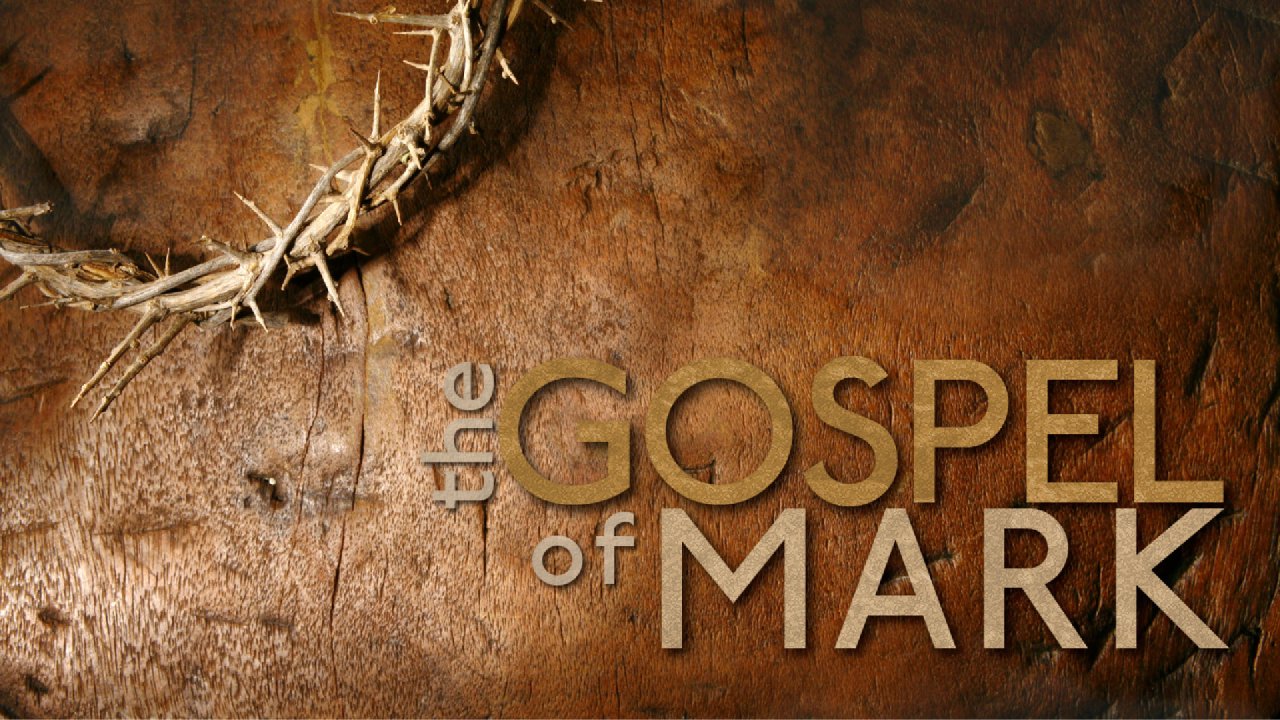We continue to see Jesus challenged in the temple. The Sadducees bring to Jesus a question regarding the resurrection, hidden inside an absurd scenario based on a marriage commandment found in Deuteronomy 25. Jesus accuses them of not understanding both the Scriptures and God’s power. We need the same lessons Jesus taught the Sadducees. We need to be reminded how easy it is to misinterpret Scripture and how dangerous it is to do so, because it leads to a distorted view of God. We, too, have a watered-down view of God’s transcendent power. We, too, try to compare our earthly relationships to our heavenly ones.
“Think of the best, greatest possible moment that you’ve ever experienced . . . then multiply that joy by a million, and then you may, just may, begin to appreciate the joy that God is preparing for you in heaven.” R.C. Sproul.
Jesus responds to the scribe’s question with a two-part answer. The first calls for a total, entire-being, response of love and devotion toward God. The second calls for love of neighbor, which includes our enemies, those that we find difficult, those that we disagree with. Both commands create tension, because we can’t possibly achieve them, in our own strength at least. We rest knowing that Jesus fulfilled them perfectly on our behalf. But there’s still action required or expected. Read Deuteronomy 6:4-9. How does this add to our understanding?
“Loving our neighbor as ourselves” implies that we are to love ourselves, which may seem contradictory. The same God who tells us to love ourselves tells us to deny ourselves?! But the more we deny ourselves, the more we become who HE created us to be, and the more we rightly love ourselves and recognize that we are the object of the redeeming love of God. AND the more we “turn out” that love toward others.
The scribe’s posture toward Jesus is interesting. He seems to genuinely want to know the answer to his question, and he responds positively, saying “You’re right, teacher,” and acknowledging that “loving God and neighbor” is much more sacrificial than the burnt offerings and sacrifices they’d been traditionally giving for so many years. But there’s still something missing. It’s not enough to call Jesus “right,” we must call him “Lord.”






